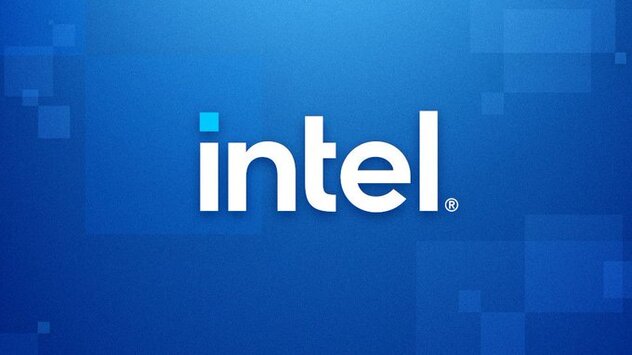
Intel US Government Share Deal: What It Means For International Business
Intel has confirmed that its upcoming share deal with the US Government could significantly impact its international sales and operations. Under the agreement, the government will acquire a 10% stake in Intel through 433 million shares, a move valued at nearly $9 billion. While this partnership is designed to strengthen domestic manufacturing and secure semiconductor supply chains, Intel acknowledges that such ownership could expose the company to new regulations, foreign subsidy laws, and political scrutiny—especially in global markets where it generates the majority of its revenue.
Impact Of Intel US Government Share Deal On Global Customers
One of the biggest challenges Intel faces is its reliance on international business, which accounted for nearly 76% of its revenue in fiscal 2024. Markets like China, Singapore, and Taiwan play a central role in Intel’s growth strategy. With the US Government now positioned as a key stakeholder, foreign governments and competitors could view Intel with increased suspicion, potentially affecting trade relationships and market access. This makes the deal not only a domestic economic strategy but also a geopolitical balancing act.
Regulatory And Trade Implications Of The Intel US Government Share Deal
The deal also raises questions about how trade policies under shifting administrations—such as tariffs, export restrictions, and technology licensing—will affect Intel. Former President Trump has already praised the deal as a way to boost US jobs and wealth, but his unpredictable stance on foreign trade could complicate Intel’s overseas operations. Beyond political risks, Intel may also face lawsuits, competitor challenges, and stricter compliance requirements as a government-part-owned corporation.
Future Outlook For Intel Amid The US Government Share Deal
Looking ahead, Intel must navigate carefully to maintain trust with its global partners while leveraging US government support to boost domestic semiconductor innovation. Success will depend on how Intel manages its foreign relationships under the new ownership model, especially as rival chipmakers continue to expand internationally. For now, the Intel US Government share deal represents both an opportunity to strengthen America’s chip industry and a potential obstacle to maintaining its international business dominance.
𝗦𝗲𝗺𝗮𝘀𝗼𝗰𝗶𝗮𝗹 𝗶𝘀 𝘄𝗵𝗲𝗿𝗲 𝗿𝗲𝗮𝗹 𝗽𝗲𝗼𝗽𝗹𝗲 𝗰𝗼𝗻𝗻𝗲𝗰𝘁, 𝗴𝗿𝗼𝘄, 𝗮𝗻𝗱 𝗯𝗲𝗹𝗼𝗻𝗴. We’re more than just a social platform — from jobs and blogs to events and daily chats, we bring people and ideas together in one simple, meaningful space.